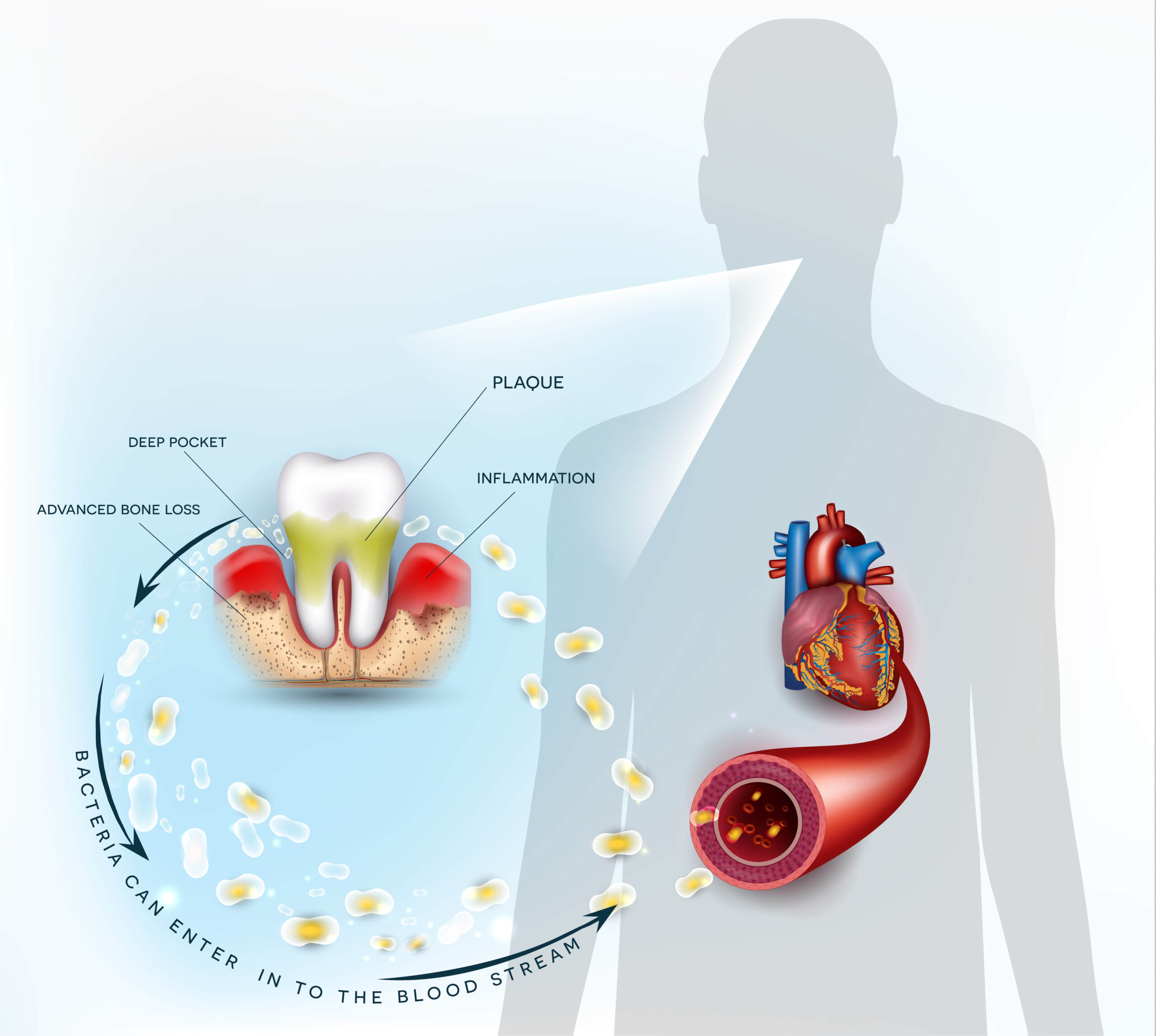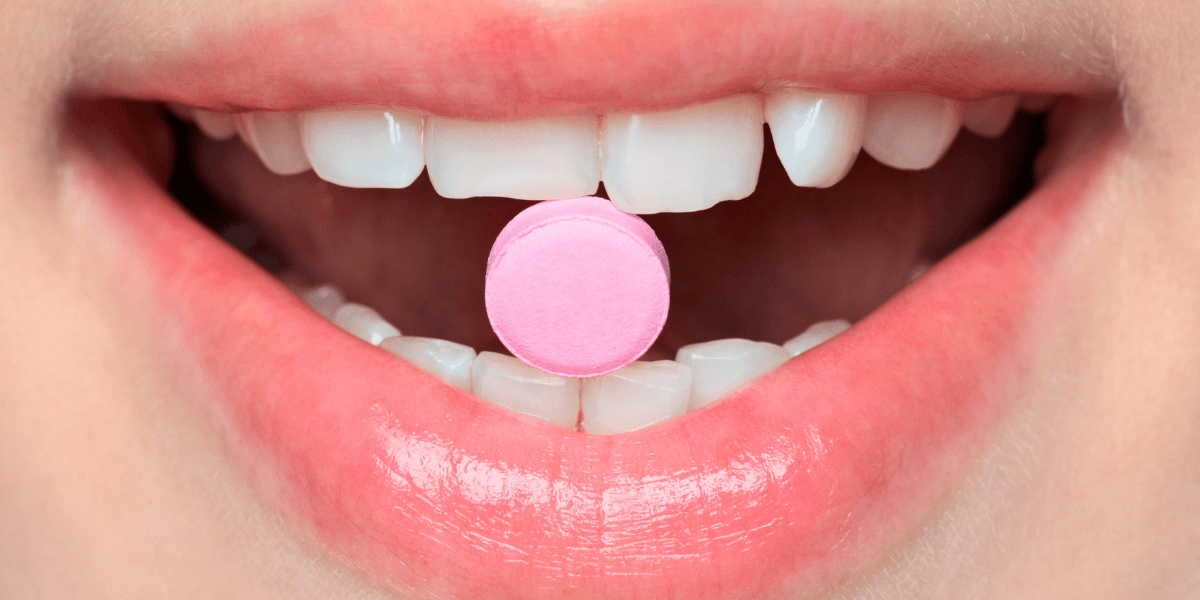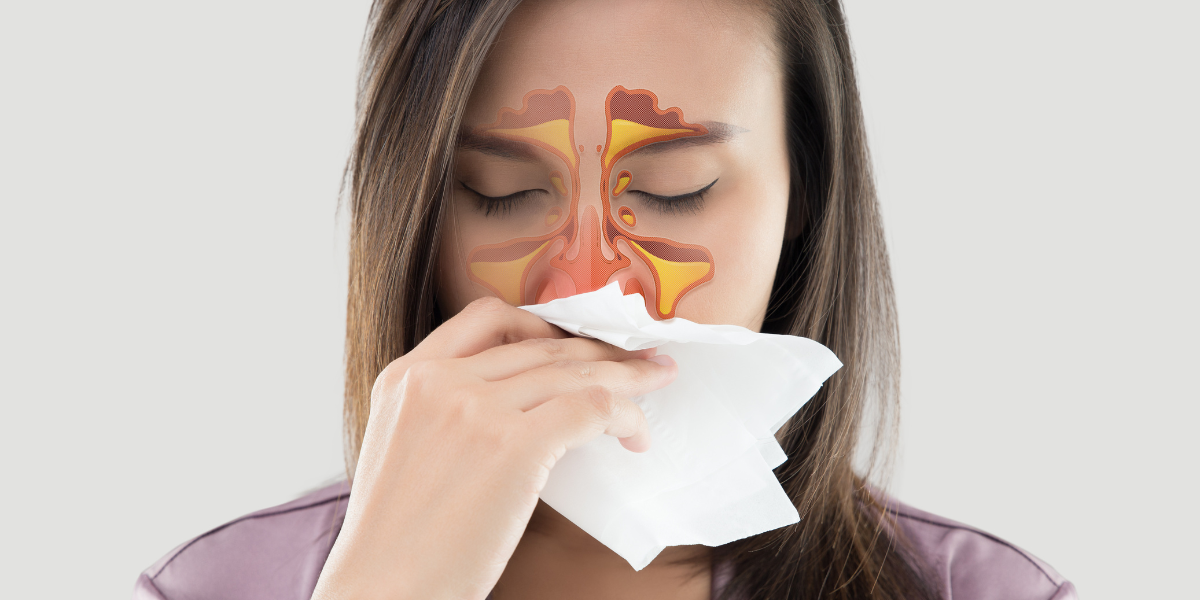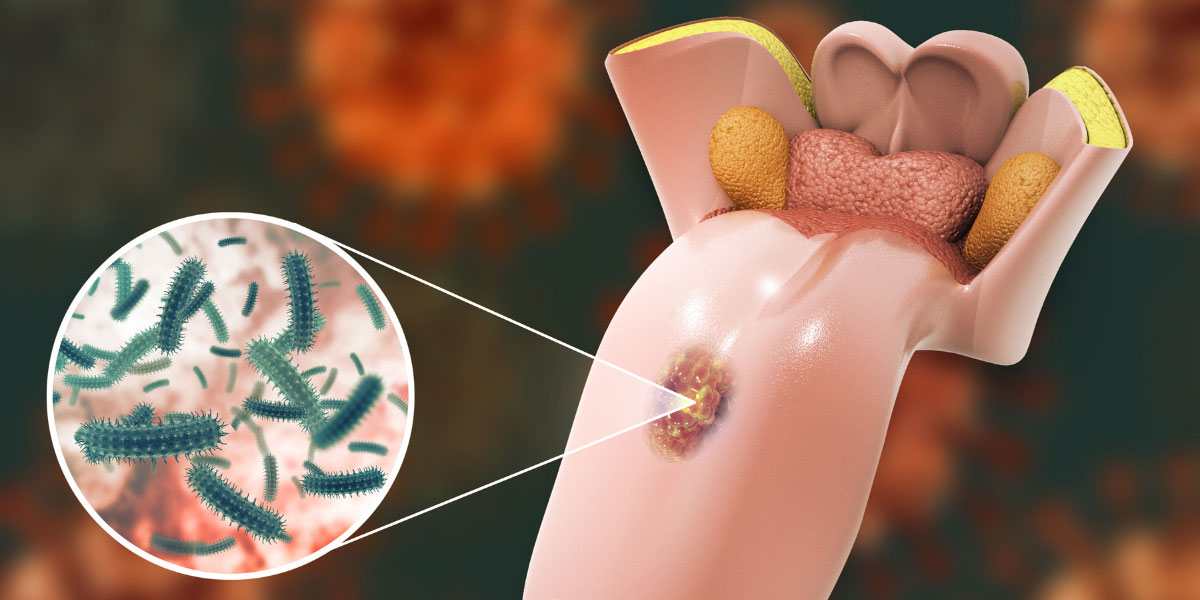The truth about how vaping harms your oral & overall health

In this article, dental hygienist Kari Carter-Cherelus explores the alarming surge in underage vaping & its associated health risks, which stretch beyond the lungs into the entire body, beginning with the gums.
Over the years there has been a rise in the usage of electronic cigarettes also known as “e-cigs,” “vapes,’ “e-hookahs, “vape pens,” and “electronic nicotine delivery systems (ENDS.)”[2] The devices can look like traditional cigarettes, cigars, or pipes or they can be more unconventional in their design and resemble USB flash drives, pens, or something that is less detectable.[2] This can be concerning as many youths could be potentially damaging their health while their caregivers are completely unaware.
The rise of underage use
It has been reported by various news outlets that there has been widespread usage of vapes by youths in schools in classrooms and bathrooms.[8] The popularity amongst youth is attributed by researchers to the sweet flavoring that many companies incorporate into the vapor that is inhaled. Many youths believe that vaping is less harmful than smoking cigarettes. Vapes can also be less expensive than traditional cigarettes overtime which is more economical for the younger population.[3][8] The U.S. Food and Drug Administration (FDA) prohibited the sale of prefilled cartridge e-cigarettes in any flavor other than tobacco or menthol, on January 2, 2020 unless authorized by FDA. Restricting harmful marketing tactics that were directed at young ones was instituted as well so as to help decrease the usage of these products by youths which was on the rise.[8]
Oral health implications
Most popular reports tend to focus on the potential dangers using electronic cigarettes can have on one’s heart and lungs.[1] The rise of vaping has lead to an outbreak of lung injuries and deaths that have been attributed to the individuals vaping habits.[3] Research also shows that there is a negative correlation with the use of e-cigarettes and poor oral health.[1] Nicotine in any form whether it is smoked or vaped restricts the blood flow to the gums.This restriction increases one’s risk to periodontal (gum) disease, inflammation, tooth cavities, and oral cancer.[1]
Why vaping is not actually a safer alternative
Some e-cigarette users may have turned to vaping because they considered it a safer alternative to using traditional cigarettes. Research however, shows that the nicotine delivery and emission of some e-cigarettes is comparable to those from traditional cigarettes.[6] E-cigarettes use a battery that heats up the liquid called “e-juice” into an aerosol that is inhaled by users. Some users think the steam from the vape pens are harmless water vapor when in actuality they can contain the following chemicals: nicotine, propylene glycol, formaldehyde, acetaldehyde, acrolein, dactyl, dtiethylene glycol, cadmium, benzene, heavy metals, and ultra fine particles that can be inhaled deep into the lungs.[5][6] Many of these chemicals are considered to be cancer causing carcinogens that are also linked to causing lung disease, are weed killers, are used in explosives, or are used in antifreeze.The chemicals found in e-cigarettes increases an individual’s risk to gum disease, cavities, and oral cancer.[1]

Gum disease & your health
The gums are the foundation of your mouth and aid in supporting your teeth and protecting the roots of your teeth. They provide a protective barrier between harmful oral bacteria that can affect our overall health and wellness. When someone has gum disease their gums are compromised. The gums aren’t able to protect the mouth from harmful bacteria due to being infected and inflamed. From the moment that the vapor from the e-cigarettes enter your body from the mouth, the toxic cocktail of chemicals begin to inflict damage.[1] Nicotine in any form, whether it is vaped, smoked, or chewed restricts the blood flow to the gums and contribute to gum (periodontal) disease. Vaping can cause mouth and throat irritation, and cause the gums to become tender, swollen, and red.[4] If the fluid in the vape contains nicotine, then there is an increased risk of teeth stains and discoloration, teeth grinding, and receding gums. Individuals with gum disease have an increased risk of having cardiovascular disease, diabetes, chronic respiratory disease, pregnancy complications, dementia, and cancer.[6]
The time to quit is now
Quitting the use of tobacco can be difficult if you try to do it without the help of a healthcare professional. Often users relapse as tobacco dependence is a difficult habit to break. Talking with a healthcare provider can increase your chances of being successful. Your provider might counsel you and recommend cessation medications that are approved by the US Food and Drug Administration that are evidenced based treatments. Your health is worth all the effort that you make to maintain a healthy lifestyle and move towards having overall health and wellness.
- Need another reason not to vape? Your oral health is at risk.(2020, August 26). https://www.heart.org/en/news/2020/08/26/need-another-reason-not-to-vape-your-oral-health-is-at-risk
- CDC. Electronic Cigarettes. ://www.cdc.gov/tobacco/basic_information/e-cigarettes/index.htm
- John Hopkins. 5 Vaping Facts You Need to Know. https://www.hopkinsmedicine.org/health/wellness-and-prevention/5-truths-you-need-to-know-about-vaping
- Is Vaping Bad for Your Teeth? 7 Things to Know About Its Effects on Your Health. (2019, January 14). https://www.healthline.com/health/dental-and-oral-health/dental-and-oral-health-is-vaping-bad-for-your-teeth
- American Lung Association. What’s in an E-Cigarette? https://www.lung.org/quit-smoking/e-cigarettes-vaping/whats-in-an-e-cigarette
- National Institutes of Health. Electronic Cigarette Aerosol Modulates the Oral Microbiome and Increases Risk of Infection. (2022, October 26). https://www.nih.gov/news-events/news-releases/nih-funded-studies-show-damaging-effects-vaping-smoking-blood-vessels
- Why your gums are so important to your health https:// (2016, May 1). Merz, Beverly. www.health.harvard.edu/heart-health/why-your-gums-are-so-important-to-your-health
- CDC. Quick Facts on the Risks of E-cigarettes for Kids, Teens, and Young Adults. https://www.cdc.gov/tobacco/basic_information/e-cigarettes/Quick-Facts-on-the-Risks-of-E-cigarettes-for-Kids-Teens-and-Young-Adults.html
- Centers for Disease Control and Prevention. Smoking and Tobacco Use. https://www.cdc.gov/tobacco/patient-care/index.html?s_cid=OSH_hcp_GL0006







